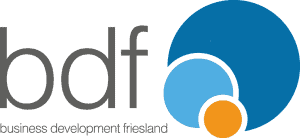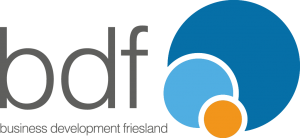Increasing the number of young people that takes on entrepreneurship Read more
This project will assess the intercultural competences of the hospitality managers and employees and create a training methodology that makes use of critical intercultural incidents derived from daily work engagement.
The hospitality and tourism industry is known for its culturally diverse workplaces and companies. However, research has shown a lack of proper training for industry managers and employees to overcome the many challenges of communication in intercultural settings. Some international hotel chains have intercultural e-learning courses to face this, but most existing training programmes do not contain enough useful information. They also hardly help their hotel managers and employees to understand cultural differences, to build up their intercultural awareness. To sum up, the lack of effective intercultural training has slowed down:
- The improvement of relations between individuals from different cultures at hotel workplaces
- The improvement of services provided to international guests
Therefore, the InterCultural Hotel project is now here to develop a new, innovative intercultural training framework for the hospitality sector that would fit the actual needs of the hospitality professionals. The new intercultural training will be developed to prepare them for surprises that can arise in an intercultural situation and make sure they obtain intercultural awareness.
Blue-C is a two-year Erasmus+ funded collaboration involving a consortium of six partner countries: Malta, Spain, Netherlands, Greece, Finland and Ireland, with IDP as the Lead partner organisation.
The Blue-C project will encourage blue economy growth through sustainability, collaboration and connection and targets micro entrepreneurs active in coastal communities. The emphasis is on boosting the innovation capacity within coastal communities and building the ability of coastal tourism entrepreneurs to enhance and grow new business opportunities and new markets.
(social) Entrepreneurial opportunities for young people (13-17 years) with a disadvantaged background.
Young Boss is a European project between two partners: DOM MLADIH and Kans & Doen. Young Boss helps to the EU to reach their strategy for 2019-2027. It is the EU’s goal that young people are able to shape their own destiny, support their own development, and the path to independence, become resilient and acquire life skills which helps them to cope with a changing world. Youth employment is a major influence in this aspect, yet young people are twice as often unemployed as other age groups. Covid-19 has worsened the situation for young people, especially for young people with lesser opportunities.
SustainSMEs wants to develop a control mechanism within SMEs to increase or maintain their sustainability performance. In addition, they want to define a new role within the SME structure to allocate specific roles and responsibilities related to sustainability. The recognition of skills and qualifications according to the EQF in Europe is essential. According to SustainSMEs, it is important to improve the sustainability practices and prospects of SMEs. They want to promote innovation, education, social inclusion and climate/energy conservation, in line with the EU strategy for SMEs. Sustainable development creates more jobs and strengthens the role of VET in education SME management on sustainability policies and practices. Emphasize the use of EQF and ECVET.
Retail skills development is an important part of building resilience to economic and social shocks impacted by COVID, as the growing product of online shopping has deteriorated and is rushed. ToRRe supports the development of a high-quality digital education ecosystem by leveraging the opportunities for people working in retail.
Project “New Work Culture (NWC): to get equipped for more flexible occupations” partners have conceived an innovative structured learning pathway enhancing close links between the three sides of the ”knowledge triangle” namely, employees, (Human Resources – HR) managers and VET professionals. To do so, NWC partners will target soft skills which are critical for personal and professional fulfilment and necessary to adapt to the evolving world, especially those requested in a remote work environment.
Did you know women are only for 20% represented as it comes to founding companies? And only 15,6% of the (Dutch) people in the TECH world are women?
Time for a change!
In our new project ITs4Women we aim to narrow the gap between technology and women, in close collaboration with our European partners in Spain, Ireland, Sweden and Romania. We will pursue our project’s objectives by building a multifunctional platform for women AND the setup of a regional partnership.
For more information visit www.itsforwomen.eu and keep track of the developments!
The COVID-19 crisis accelerated the need for modernisation and digital transformation of training systems in Europe. CIRCULAR SME SCAN (CSS) connects this with a circular economy which is a strategic approach to a greener economy in support of European economic recovery. Circular, sustainable, environment-climate friendly operation of small and medium enterprises (SMEs) results in their competitive advantage over their rivals.
The main goal of CSS, in support of innovative practices in digital era, aims at creating a self-scan and learning platform that develops SME circular economy skills-competences by focusing on four main areas of entire SME circularity value chain (supply-acquisition, operation-production, retail, waste stream analysis).
Our website is under construction – link will follow soon!


